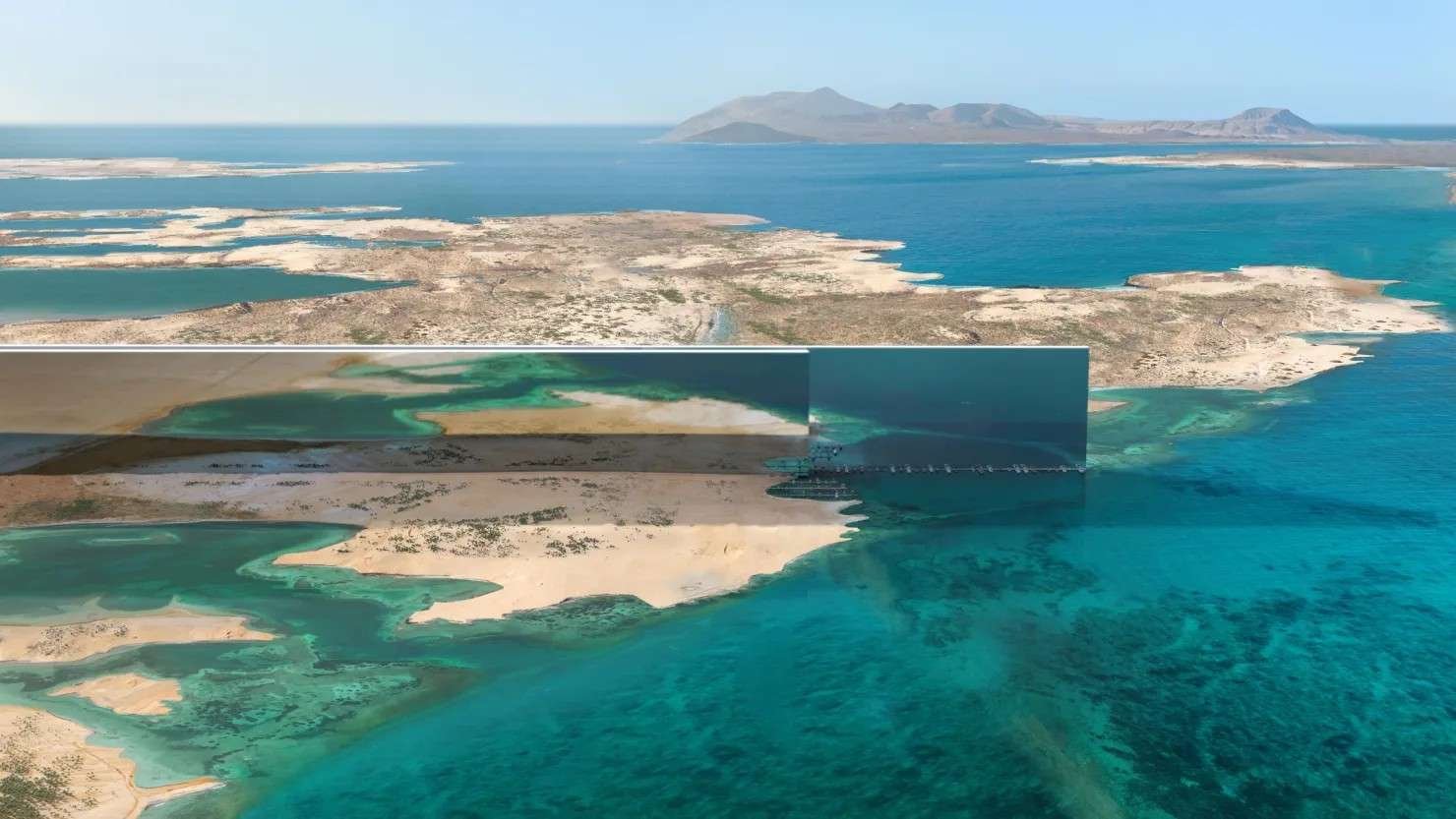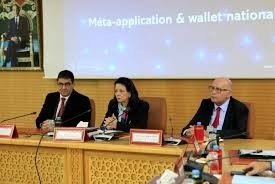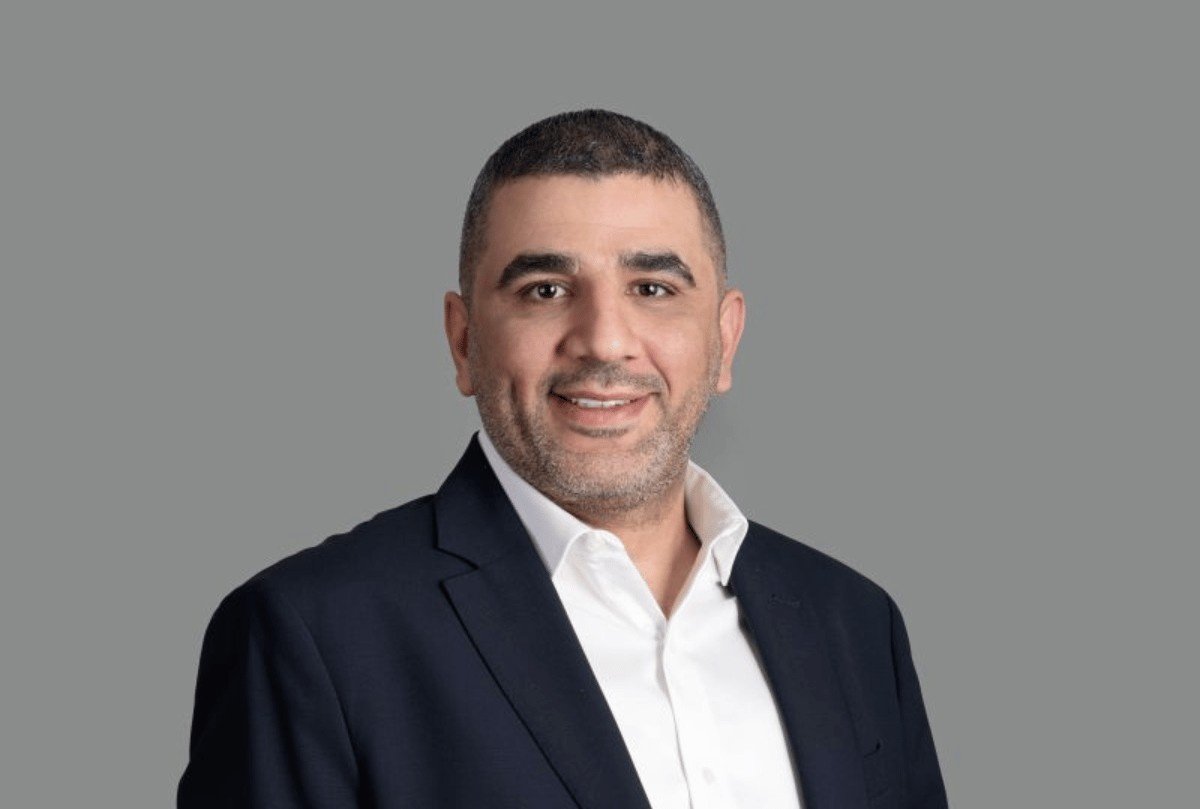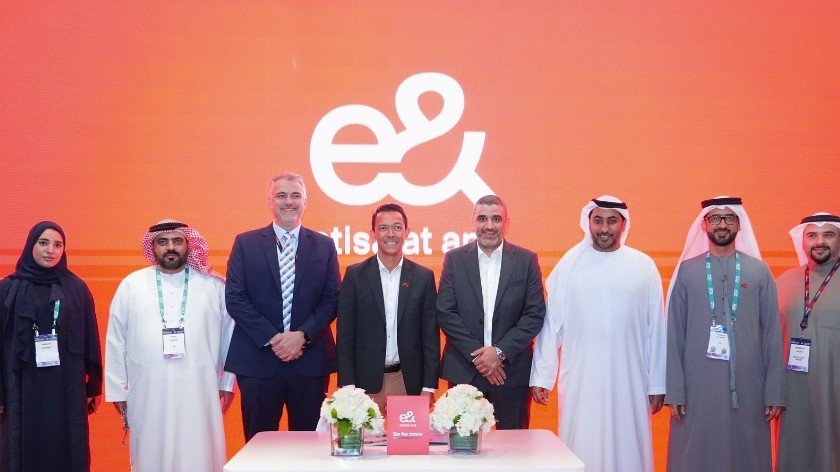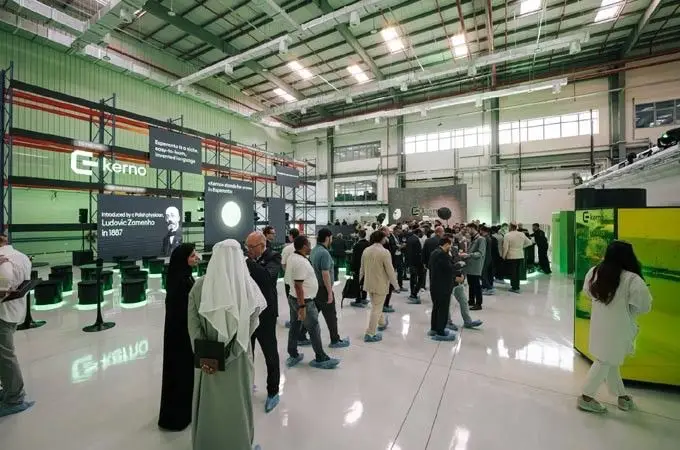Riyadh — Nearly a decade into its Vision 2030 transformation strategy, Saudi Arabia is redefining its national priorities — moving from its early focus on mega infrastructure projects like NEOM and The Line toward technology, artificial intelligence (AI), and tourism as the new engines of non-oil growth.
In an interview with CNBC at the Future Investment Initiative (FII) in Riyadh, Faisal Alibrahim, Saudi Arabia’s Minister of Economy and Planning, said the Kingdom is entering a new phase of transformation — one centered on innovation and productivity-led economic growth.
“We’re reprioritizing toward sectors that need it the most — today, it’s technology and artificial intelligence,” Alibrahim said. “We want to move into an economic structure that is productivity-led, and at the heart of productivity is technology, innovation, and generative AI.”
Under Vision 2030, the government’s core goal has been to diversify the economy away from oil, a strategy that has already led to major investments in tourism, cultural industries, sports, and digital infrastructure. According to Alibrahim, non-oil activities now account for 56% of Saudi Arabia’s real GDP, making them the primary driver of growth.
The minister also revealed that tourism has exceeded expectations, achieving 2030 visitor targets years ahead of schedule. As a result, the government has raised its target to 150 million visitors by the end of the decade, further cementing tourism as a key economic pillar.
NEOM and the Evolution of Vision 2030
Once the flagship of Saudi Arabia’s transformation, the $1.5 trillion NEOM megacity — including its futuristic, car-free urban project The Line — remains central to Vision 2030 but is now evolving within a more agile and fiscally balanced framework.
Alibrahim emphasized that the Kingdom’s strategy must remain flexible, saying, “The minute these plans aren’t solving for your optimal outcomes is the minute you need to re-plan and adjust.”
This flexibility has allowed Riyadh to redirect resources toward AI, digital innovation, and emerging technologies, which are now seen as essential to long-term competitiveness and industrial modernization.
Industry experts, including Abdulelah Albarrak, Partner for Government and Public Institutions at Oliver Wyman, agreed that the Kingdom’s plans must remain responsive to technological change.
“Giga and mega projects have a significant impact in driving growth,” Albarrak noted, “but the emergence of AI and other new technologies requires equal focus to sustain progress.”
A New Investment Mindset
Alibrahim also highlighted a shift in investor sentiment:
“People have stopped coming to Saudi to take money — they’re coming here to make money,” he said. “Saudi is no longer just a source of capital but a capital of opportunity.”
Saudi Arabia’s Finance Ministry projects the economy will grow 5.1% in 2025, driven by non-oil expansion and private sector dynamism. Despite a moderate budget deficit of 3.3% of GDP expected in 2026, officials say public debt — currently around 32% of GDP — remains within safe limits, backed by strong fiscal reserves and continued expansionary spending aligned with national priorities.
As Saudi Arabia adapts Vision 2030 for the next decade, the message is clear: the Kingdom’s future growth will be powered less by grand construction projects and more by digital innovation, AI, human capital, and sustainable industries — the true pillars of a future-ready economy.











